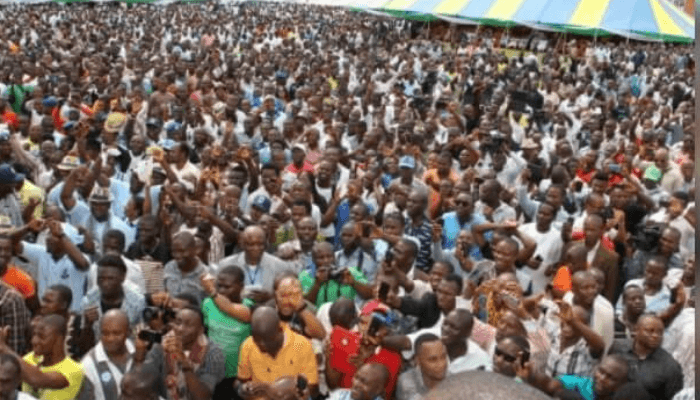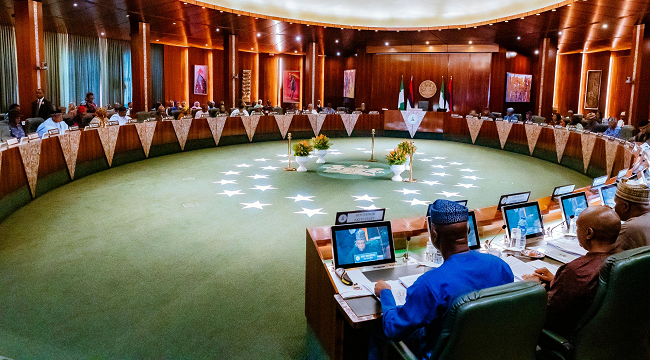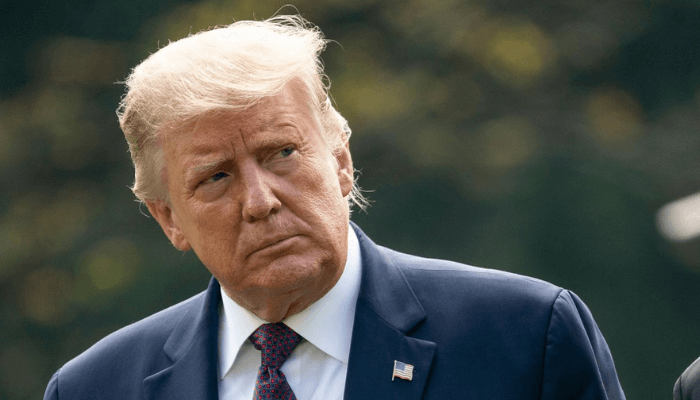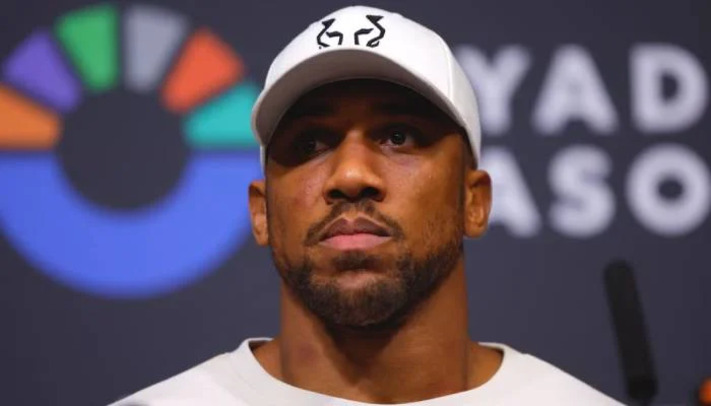Nigeria’s scapegoat
The defining campaign jingle of outgoing President Goodluck Jonathan’s 2011 presidential campaign was “I will vote for Goodluck Jona…because he will do well for me…and do well for you…Ooh Aah…Bobo too good o, o tunni luck o Ooh Aah”. It was done by the outstanding Nigerian musician and performing artiste, D’Banj, and was perhaps the defining song of that campaign era. I saw D’Banj perform the song at a Jonathan campaign event at the Eko Hotel and Convention Centre as most of the audience danced away. D’Banj had adapted the campaign jingle from one of his hit songs, “Scapegoat”, a love song in which D’Banj swore to be the eternal scapegoat of some lady who was the object of his love, lust or other desires! In the event, Jonathan won in 2011 and went on to become the scapegoat for all of Nigeria’s problems!
In the original love song, D’Banj promised to take the blame for all the wrongs all his sweetheart’s earlier lovers had committed; he agreed to be her fool and to ignore the predictable sneers of those who would call him her fool. In classic words and beat typical of the fantastic entertainer and ladies’ man, D’Banj sang: “I will be your scapegoat honey, because you came true for me, you gave me breakthrough baby…Ooh Aah”.
My big Webster’s Dictionary of the English Language defines a “scapegoat” as “a person made to bear the blame which should fall on others”. Actually, the scapegoat has ancient religious roots deriving from an ancient Jewish ritual in which the High Priest symbolically laid the sins of the people on a goat’s head, to take away the sins of the nation. In a sense, indeed Jesus Christ then became the permanent scapegoat to take away our sins as Jehovah tired of annual repetitive sacrifices given that men inevitably sinned again!
In Jonathan’s case, he of course bears responsibility for a lot of the things for which he has been blamed these past four years, but he also became the scapegoat for all of Nigeria’s other problems since independence in 1960. Jonathan became the one who was responsible for the ten million out-of-school children in the North, even though he it was who for the first time attempted reform and modernisation of the Almajiri education system which was the most important contributor to Northern educational under-performance. He became the cause and focus of anger outside the Niger-Delta for the significantly higher resource flow into the region even though it was the 1999 Constitution that stipulated a 13 percent minimum derivation payment on oil resources. He became the cause of poverty, unemployment and inequality even as anyone familiar with Nigerian socio-economic statistics knew that such had been with us since the 1980s. He even became in the mind of many Nigerians the one who was actually responsible for “Boko Haram”, the terrorist insurgency that swept the North-East of Nigeria and threatened to engulf and destroy the whole nation!
It is on the evidence of that last factor, the eventual attribution of responsibility for “Boko Haram” to Jonathan, that confirms that he was in many ways a willing scapegoat! Jonathan saw an incipient terrorist insurgency in its infancy but neglected to crush it until it became a danger not just to the nation but to the sub-region engulfing neighbouring countries. The major attribute of the scapegoat that makes it suitable for the role is its submissiveness, naivety, simple-mindedness and what Nigerians came to describe as “cluelessness”. Jonathan saw himself by his own admission as having been in a cage; informed Nigerians that he was not a “lion” and swore never to use more than a small percentage of his powers. He did not understand the nature of political competition and in a milieu like Nigeria, it was probably inevitable that he would eventually be consumed by it. In our politics which mirrors the jungle, there was little likelihood that the scapegoat would sustain an accidentally received position as king of the jungle. The lions, tigers, hyenas, elephants and cobras were more likely to supplant the office and it would indeed be some sort of miracle that the scapegoat would come out of the jungle with his life and limbs intact!
In “The Ironsi Syndrome” which I wrote on July 25, 2012 and republished on May 7, 2014, I drew attention to Jonathan’s ultimately self-limiting strategic naivety, much like General Ironsi before him, even though I left the imputation and implication to the intelligent reader. In “Naivety and statecraft” of December 19, 2012, I was more explicit, exasperated as it were as “Jonathan apparently seeks to elevate naiveté into strategy, with him and his inner circle consoling themselves that he knows what he is doing and is actually executing some grand strategic manoeuvre! Meanwhile as he panders to adversarial constituencies, alienates himself from otherwise friendly ones, puts his political and economic legacies into perpetual jeopardy, and endangers the lives of himself and his associates, they delude themselves that they are ‘on top of the situation’.”
Jonathan may in fact remain our national scapegoat beyond his presidency (at least for the next six months), but after then, we may have to find another one!
Opeyemi Agbaje
Nigeria's leading finance and market intelligence news report. Also home to expert opinion and commentary on politics, sports, lifestyle, and more
Leave a Comment







